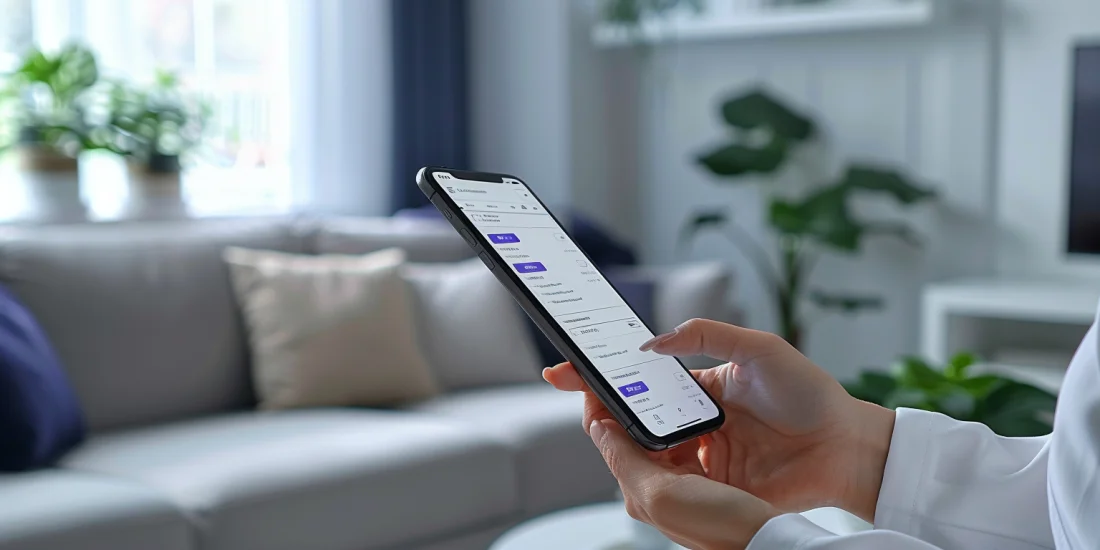A customer scheduling app is a critical tool for businesses aiming to streamline their appointment booking process and enhance customer satisfaction. This software automates scheduling, reduces administrative workload, and provides customers with a convenient way to book services. By implementing a robust customer scheduling app, businesses can improve operational efficiency, increase customer engagement, and boost overall productivity.
An effective customer scheduling app should offer features such as online booking, calendar synchronization, automated reminders, integration with other business tools, and comprehensive reporting. These functionalities ensure a seamless scheduling experience for both the business and its customers. This guide will explore the key features of a customer scheduling app and their benefits.
Online Booking
Online booking is a fundamental feature of a customer scheduling app. It allows customers to book appointments at their convenience, without needing to call or visit in person. An intuitive online booking system improves customer satisfaction by providing a hassle-free way to secure appointments.
Moreover, online booking systems operate 24/7, enabling customers to book appointments outside of regular business hours. This accessibility can lead to increased bookings and customer engagement. Businesses can also reduce their administrative workload, as staff spend less time managing appointments manually.
Calendar Synchronization
Calendar synchronization is crucial for efficient appointment management. The app should sync with popular calendar systems like Google Calendar, Outlook, and Apple Calendar. This synchronization ensures that all appointments are up-to-date across all platforms, reducing the risk of double bookings or scheduling conflicts.
Additionally, calendar synchronization helps staff stay organized and aware of their schedules. Real-time updates allow for quick adjustments if appointments are rescheduled or canceled. This feature also enables better time management, ensuring that staff can prepare adequately for each appointment.
Automated Reminders
Automated reminders are essential for reducing no-shows and ensuring that customers remember their appointments. The app can send reminders via email or SMS, providing customers with timely notifications about upcoming appointments. These reminders can be customized to include important details such as appointment time, location, and any necessary preparations.
Furthermore, automated reminders improve customer satisfaction by providing a professional and organized service experience. They also help businesses maintain a steady flow of appointments, reducing the likelihood of lost revenue due to missed appointments.
Integration with Business Tools
Integration with other business tools is vital for a seamless workflow. A customer scheduling app should integrate with customer relationship management (CRM) systems, payment gateways, and marketing platforms. This integration ensures that all customer data is centralized, improving accuracy and efficiency.
For example, integrating with a CRM system allows businesses to access customer information and appointment history, enabling personalized service and follow-up. Integration with payment gateways facilitates easy payment processing, allowing customers to pay for services when booking their appointments. Marketing platform integration can help businesses send promotional messages or follow-up emails to engage customers and drive repeat business.
Customization and Flexibility
Customization and flexibility are important features for businesses with unique scheduling needs. A customer scheduling app should allow businesses to customize their booking pages, including branding elements like logos, colors, and service descriptions. This customization helps create a professional and cohesive brand image.
Additionally, the app should offer flexible scheduling options, such as buffer times between appointments, service-specific durations, and the ability to manage staff availability. These options ensure that the scheduling system aligns with the specific operational requirements of the business.
Comprehensive Reporting
Comprehensive reporting provides valuable insights into appointment trends and business performance. The app should generate reports on metrics such as the number of bookings, no-show rates, and peak booking times. These reports help businesses understand customer behavior and identify areas for improvement.
Analytics tools can also track key performance indicators (KPIs) such as customer retention rates and revenue generated from appointments. By analyzing these metrics, businesses can make data-driven decisions to optimize their scheduling processes and improve overall efficiency.
User-Friendly Interface
A user-friendly interface is crucial for ensuring that all team members can use the app effectively. The software should have intuitive menus, clear instructions, and easy navigation. This ease of use reduces the learning curve and ensures quick adoption across the organization.
A user-friendly interface enhances productivity by enabling employees to create, manage, and access schedules with minimal effort. It also reduces the likelihood of errors and ensures that all necessary details are included in the schedules.
Mobile Access
Mobile access is essential for businesses that operate on the go or have remote staff. A mobile-friendly customer scheduling app allows users to manage appointments from their smartphones or tablets. This accessibility ensures that staff can view and update schedules, send reminders, and handle customer bookings from anywhere.
Mobile access also enhances the customer experience by providing a convenient way for them to book appointments and receive notifications on their mobile devices. This flexibility can lead to increased customer satisfaction and loyalty.
Key Takeaways
– Online booking provides a convenient, 24/7 scheduling option for customers, increasing bookings and reducing administrative workload.
– Calendar synchronization ensures up-to-date schedules across all platforms, minimizing the risk of double bookings and conflicts.
– Automated reminders reduce no-shows and enhance customer satisfaction with timely notifications.
– Integration with business tools like CRM systems and payment gateways centralizes data and improves efficiency.
– Customization and flexibility allow businesses to tailor the booking system to their specific needs, enhancing operational efficiency.
– Comprehensive reporting provides insights into appointment trends and business performance, enabling data-driven decision-making.
– A user-friendly interface ensures quick adoption and effective use of the app across the organization.
– Mobile access allows users to manage appointments from anywhere, enhancing productivity and customer satisfaction.
By leveraging these features, businesses can streamline their appointment scheduling processes, improve customer satisfaction, and boost overall productivity. Choosing the right customer scheduling app is crucial for maintaining an organized and efficient scheduling system that meets both business and customer needs.



